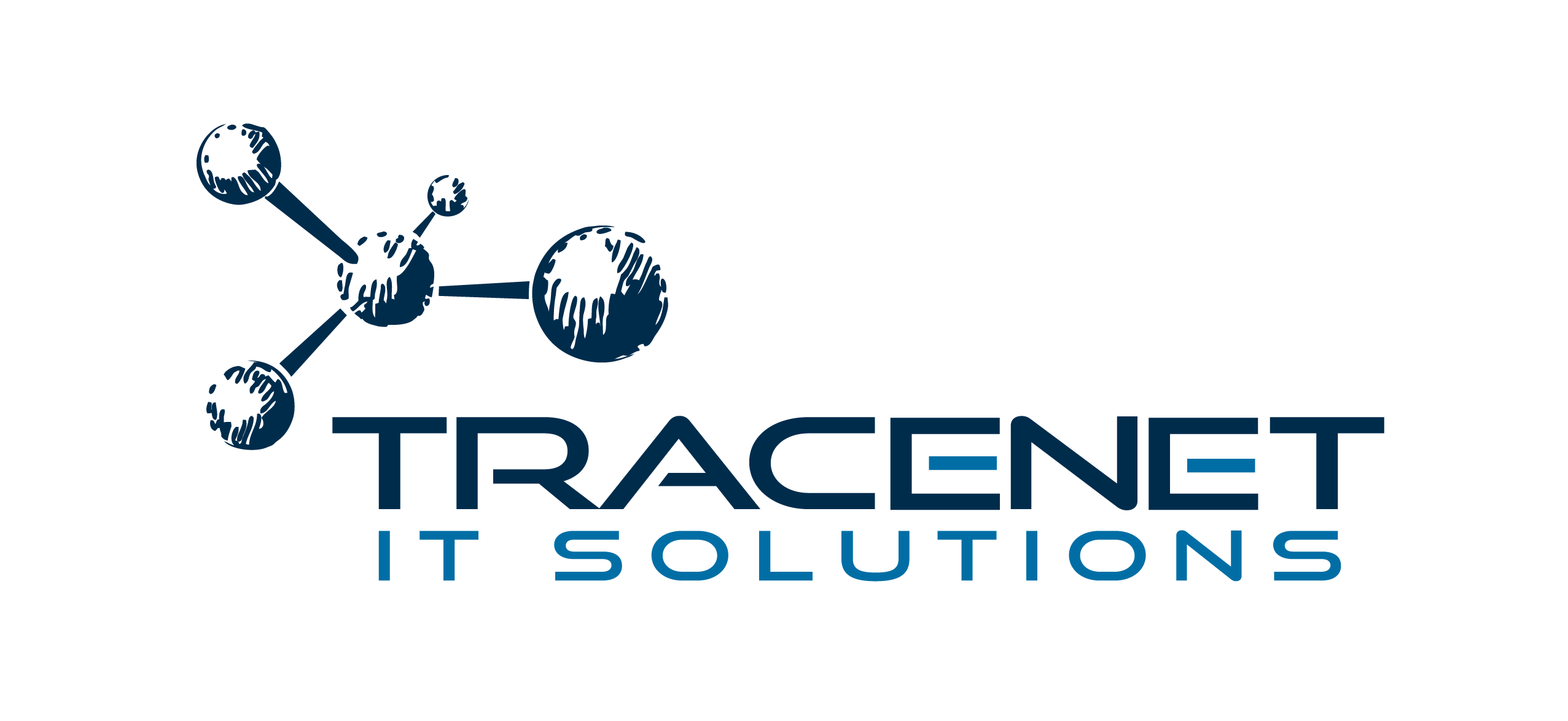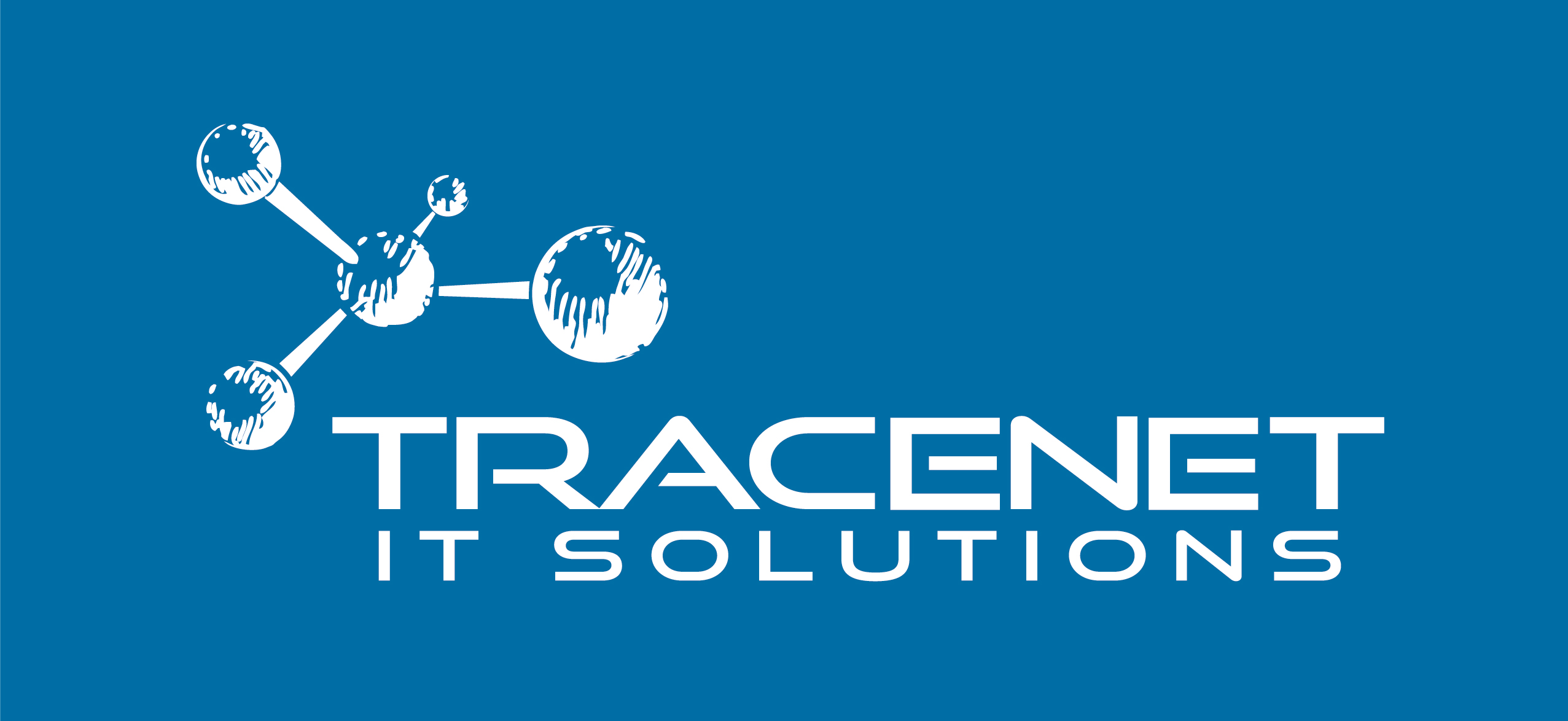Cloud Compliance means understanding that compliance is not just about following rules and legislation, but about demonstrating transparency and responsibility in operations.
In recent years, the advance of cloud technologies has transformed the way companies store, process and access data. This evolution has brought a number of benefits to the corporate world, such as scalability, cost reduction and greater agility in processes.
However, along with these advantages, there are also important challenges related to compliance and information security.
In this sense, Cloud Compliance is at the heart of these discussions. It is a set of practices, rules and tools that ensure that the use of cloud infrastructure complies with local and international regulations, as well as meeting corporate security and governance policies.
It’s a broad concept that covers everything from protecting personal data to ensuring integrity in business operations. For this reason, the absence of compliance can lead to serious consequences for organizations, including financial sanctions, reputational damage and even the interruption of operations.
Understanding the importance of compliance and knowing how to implement it is essential for companies that want to enjoy the benefits of the cloud in a safe and responsible way.
Below, we explore in detail what Cloud Compliance is, its relevance in today’s scenario and the practical steps to ensure that your company is compliant.
What is Cloud Compliance?
Cloud compliance refers to the set of processes, policies and controls designed to ensure that the use of cloud resources is aligned with regulatory, normative and corporate requirements.
Compliance goes beyond protecting data; it establishes a solid framework that allows organizations to operate ethically, transparently and within legal requirements.
Among the main aspects of Compliance in the Cloud are:
- Compliance with legislation: this includes laws such as the General Data Protection Act (LGPD) in Brazil and the General Data Protection Regulation (GDPR) in the European Union. These regulations define how companies should collect, store and process personal data.
- Adoption of industry standards: certifications such as ISO 27001, SOC 2 and PCI DSS establish good practices for information security management and the processing of financial data.
- Compliance with internal policies: in addition to external requirements, organizations need to ensure that their own governance and security policies are applied correctly in cloud environments.
A well-structured compliance program allows companies to mitigate risks, increase stakeholder confidence and avoid significant fines. To achieve this, it is essential that companies thoroughly understand the requirements applicable to their sector and the environment in which they operate.
Why is Compliance in the Cloud Important?
The relevance of Compliance in the Cloud is directly related to the risks and opportunities associated with the use of this technology. Companies that prioritize compliance not only protect their assets, but also build a solid foundation for innovation and sustainable growth.
Protect sensitive data:
Organizations using the cloud need to ensure that data is protected from unauthorized access and breaches. Compliance offers a set of measures to help prevent these scenarios, such as end-to-end encryption and multi-factor authentication.
Reduces legal and financial risks:
Regulations impose severe fines on organizations that fail to protect customer data. Organizations using the cloud need to ensure that data is protected against unauthorized access and breaches. Compliance offers a set of measures to help prevent these scenarios, such as end-to-end encryption and multi-factor authentication.
Trust and reputation:
Demonstrating compliance with regulations and good security practices strengthens the trust of customers, partners and investors. Companies that position themselves as trustworthy and responsible are more likely to attract and retain customers in the long term.
How to implement Cloud Compliance
Implementing an effective compliance program in the cloud requires a structured approach. Here is a step-by-step guide:
- Understand compliance requirements
Identify the laws and regulations applicable to your sector and the regions where your company operates. This could include:
- LGPD (Brazil) or GDPR (European Union).
- Industry-specific standards, such as PCI DSS for financial transactions.
- Choose a reliable cloud provider
Work with providers that offer robust compliance features and relevant certifications. Some examples include AWS, Microsoft Azure and Google Cloud, which have tools to facilitate compliance.
- Establish security policies
Develop and implement policies to ensure secure use of the cloud, such as:
- Role-based access control (RBAC).
- Encryption of data at rest and in transit.
- Carry out continuous audits and monitoring
Regular audits help identify vulnerabilities and ensure that all systems are compliant. Use monitoring tools to detect and respond to incidents in real time.
- Train your team
Promote regular training to ensure that all employees are aware of compliance and cloud security practices.
Challenges of Compliance in the Cloud
Although essential, compliance in the cloud presents significant challenges, including:
- Regulatory complexity: differences in regulations between countries and sectors can make compliance a complex process. A global approach requires specific adaptations for each market.
- Security threats: even with compliance measures, threats such as cyber attacks and data leaks remain a constant concern.
- Costs and resources: implementing and maintaining a compliance program can require significant investments in technology, training and consultancy.
Conclusion
Cloud compliance is an indispensable part of any organization’s security strategy. In addition to ensuring compliance with regulations and best practices, it protects data, reduces legal and financial risks and strengthens market confidence.
By following best practices, working with reliable providers and empowering your team, your company can not only meet compliance requirements, but also stand out in a competitive and highly regulated business environment.
Trust Tracenet Solutions to bring your company into compliance with Cloud regulations!


